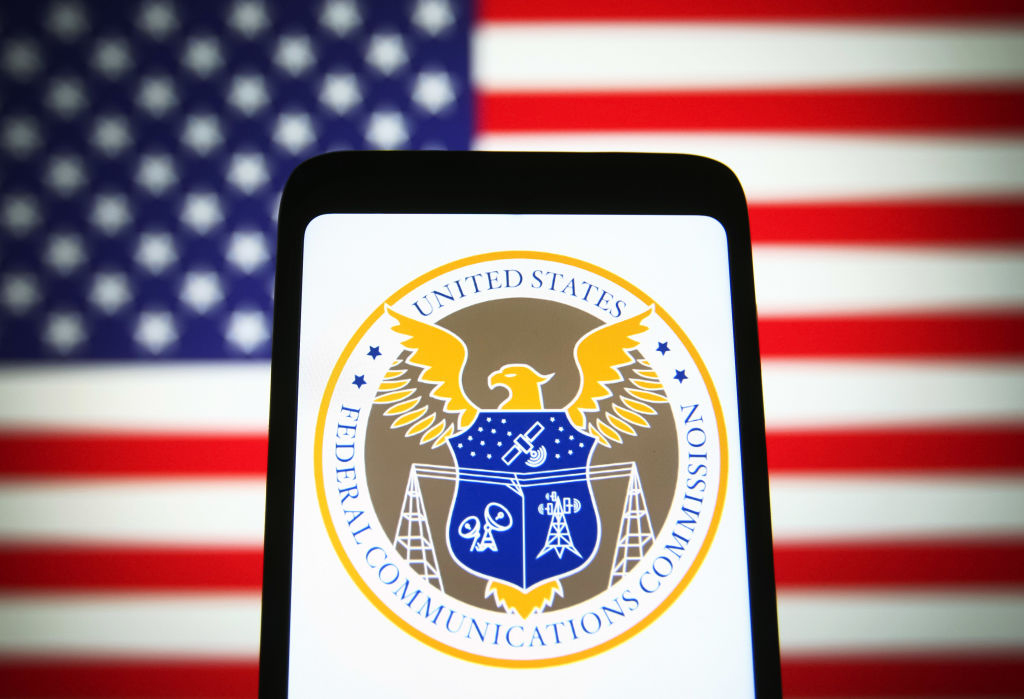FCC Launches Digital Discrimination Rulemaking Proposal
Proposes to sanction unintentional as well as intentional discrimination

The smarter way to stay on top of the multichannel video marketplace. Sign up below.
You are now subscribed
Your newsletter sign-up was successful
The Federal Communications Commission has agreed to a notice of proposed rulemaking targeting “digital discrimination,” by which the regulator means trying to “facilitate equal access to broadband internet service” and prevent harm to “historically excluded and marginalized communities.”
The notice is intended to collect comment on the FCC’s proposal to use the definition of digital discrimination used in the President Joe Biden-backed Infrastructure Investment and Jobs Act, which directed the agency to combat that discrimination.
If the FCC was looking for comment, it got some immediately from Randolph May, founder and president of free market-oriented think tank Free State Foundation, and Seth Cooper, FSF’s director of policy studies.
They argued that no one is saying there should not be equal access to broadband for all and that digital discrimination should be prevented. But they said it was “unnecessary, and likely to be counterproductive” to that objective to “adopt a rule which allows discrimination to be proved based on a showing of unintentional ‘disparate impact’ [as the Infrastructure Act defines it] rather than on a showing of intentional discrimination.”
As a practical matter, they argued, such a “disparate impact” would not likely pass legal muster because “the text and structure of the Infrastructure Act, along with relevant judicial precedents, require an intent-based definitional standard to prove digital discrimination.”
The FCC notice also proposes adding digital discrimination to the agency’s informal consumer complaint process, coming up with model policies and best practices for states and localities and next steps and potential rules for combating discrimination in broadband access.
“[P]rogress is important,” FCC commissioner Geoffrey Starks said. “Past claims that there was no business case to deploy services in certain communities are just that — stuck in the past — thanks to the Affordable Connectivity Program and the proven evidence that consumers will sign up for broadband if you make a quality service available and put in the effort to reach them. I look forward to the digital future we all deserve: The one where no community struggles to find basic connectivity while others pass them by with constant service upgrades.
The smarter way to stay on top of the multichannel video marketplace. Sign up below.
“With this notice of proposed rulemaking, we move one step closer to completing not only our statutory obligation — but our moral obligation — to facilitate equal access to broadband and prevent digital discrimination,” Starks added. ■
Contributing editor John Eggerton has been an editor and/or writer on media regulation, legislation and policy for over four decades, including covering the FCC, FTC, Congress, the major media trade associations, and the federal courts. In addition to Multichannel News and Broadcasting + Cable, his work has appeared in Radio World, TV Technology, TV Fax, This Week in Consumer Electronics, Variety and the Encyclopedia Britannica.

